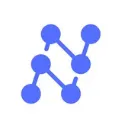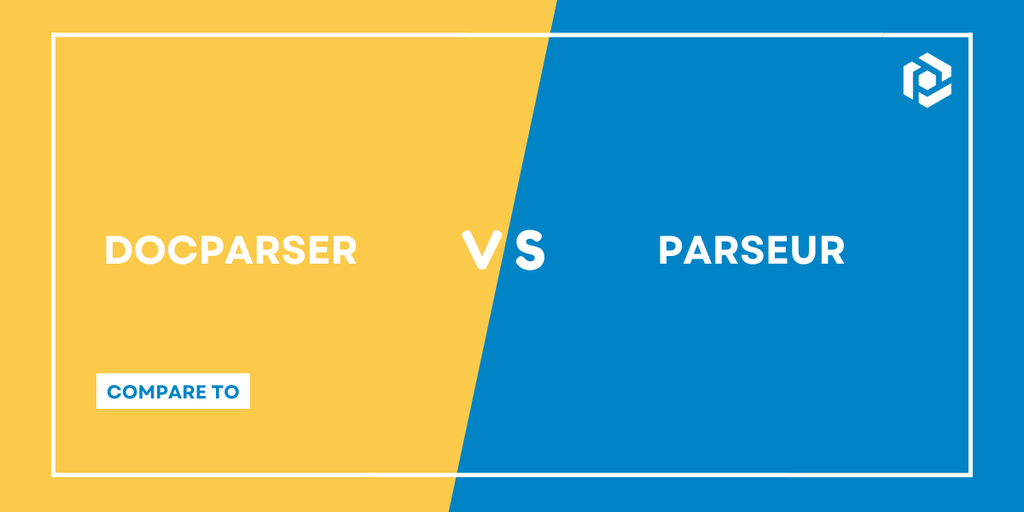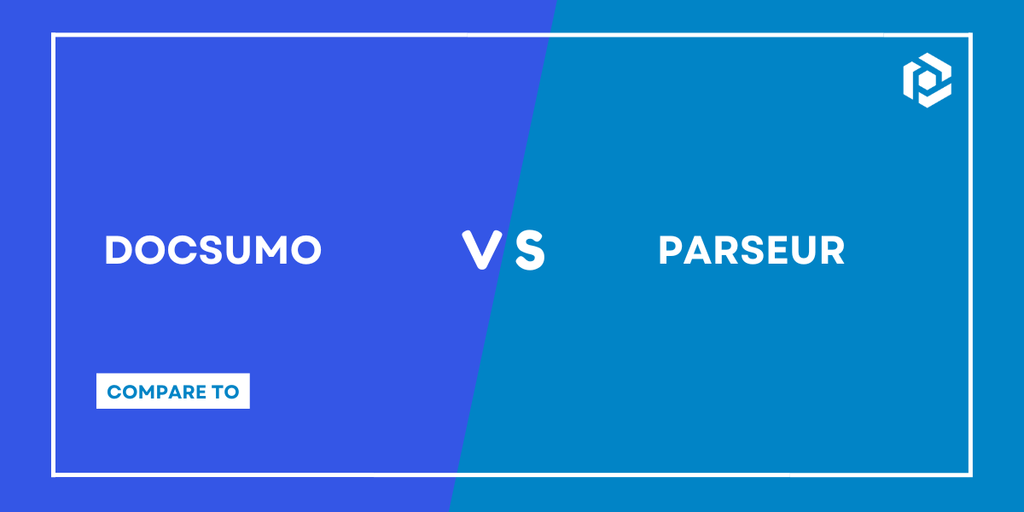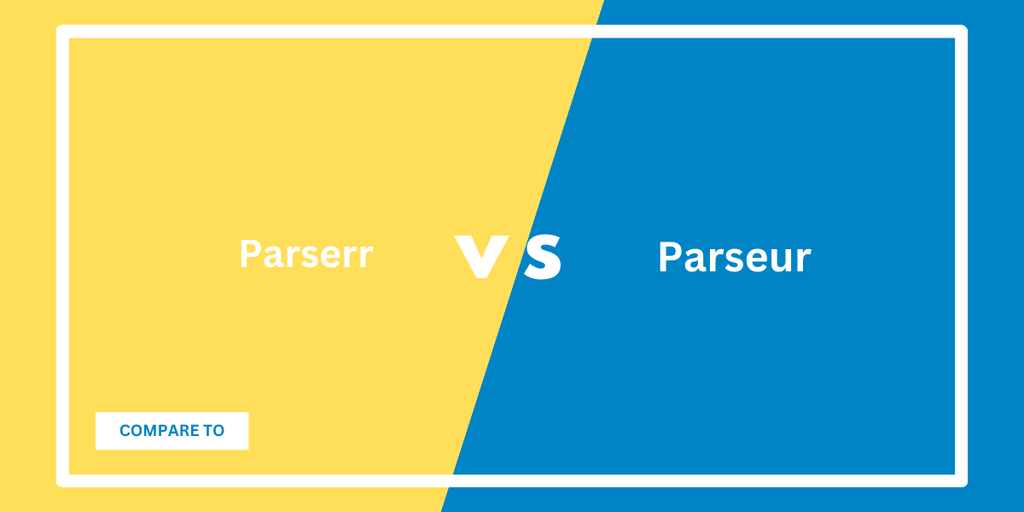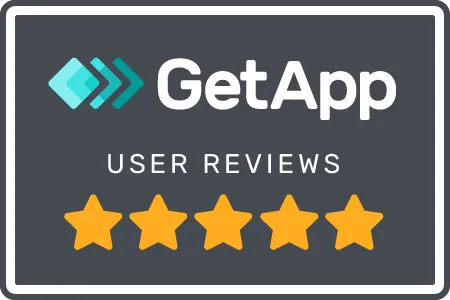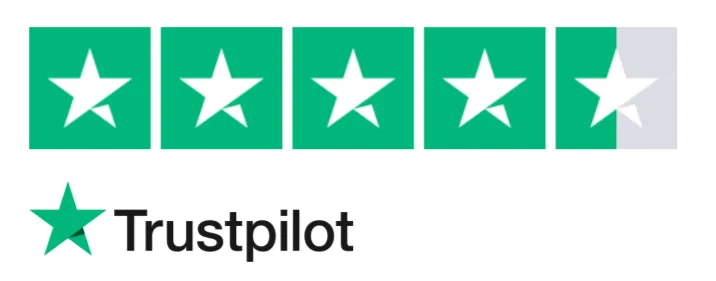This comparison aims to provide an evidence-based evaluation. We've worked to present findings impartially; if you identify any inaccuracies, please tell us and we'll correct them promptly.
Key Takeaways
- Nanonets excels at invoice processing (their pre-trained AI started there) but requires model training, technical expertise, and enterprise-tier pricing for advanced features.
- Parseur offers instant AI extraction that works out of the box, transparent pricing starting at $39/month, and a privacy-first approach where your data is never used to train AI.
If you're comparing Nanonets alternatives for 2026, Parseur stands out as the best self-service document processing platform. Built for non-technical users, Parseur lets you start extracting data in minutes without sales calls, model training, or developer involvement.
When to Choose Each Platform
Choose Nanonets if:
- Invoice processing at enterprise scale is your primary use case
- You need native ERP integrations (QuickBooks, Xero, Sage, NetSuite)
- White-labeling is required for client-facing products
- You have IT resources for model training and maintenance
Choose Parseur if:
- You want instant setup without model training
- You process diverse document types (emails, PDFs, spreadsheets, Word docs)
- Data privacy matters, Parseur never uses your data to train AI
- You need multi-user support with roles and permissions
- You prefer transparent, volume-based pricing that gets cheaper as you grow
- You value exceptional customer support (9.9/10 on G2)
Why Parseur is the Best Nanonets Alternative
Instant Setup for Non-Technical Users
Nanonets built their reputation on pre-trained AI models, particularly for invoices and common document types. They've recently expanded to offer no-training options, but their core strength remains those pre-trained models where they've invested years of development.
Parseur was built from day one to work without training. Our AI handles any document type out of the box. Non-technical users can start extracting data in minutes without involving developers or AI specialists.
Privacy-First: Your Data Stays Yours
This is a fundamental difference in philosophy. Many AI platforms, including Nanonets, support training models on uploaded documents. Always review vendor privacy policies and DPAs carefully.
Parseur never uses your data to train AI, not our models, not anyone else's. Parseur built privacy into the product from day one, and it's non-negotiable. We're currently undergoing SOC 2 and HIPAA certification to provide additional assurance for enterprise customers.
Transparent Volume Pricing
Nanonets uses complex block-based pricing with different charges for extraction, formatting, lookups, and premium features. It's difficult to predict costs.
Parseur offers crystal-clear volume pricing:
- $39/month for 100 pages
- $99/month for 1,000 pages (10¢/page)
- $399/month for 10,000 pages (4¢/page)
Everything's included, AI parsing, exports, integrations, no hidden surcharges for using advanced features. See our full pricing.
Best Self-Service Experience
Need to try before you buy? Parseur's perpetual free tier gives you 20 pages/month with access to all core features. Upgrade, downgrade, or manage your account entirely through the app. Enterprise plans are available for Fortune 500-scale requirements, but you'll never be forced into a sales process to evaluate the product.
Getting Started
Ready to switch from Nanonets? Parseur makes migration simple:
- Sign up free at parseur.com, no credit card required
- Forward your documents to your unique Parseur mailbox or upload directly
- Watch the AI extract data instantly, no training needed
- Connect your integrations via Zapier, Make, Power Automate, or our REST API
Questions? Our support team (AI agents + dedicated US-based humans) is ready to help you migrate smoothly.
Last updated on

